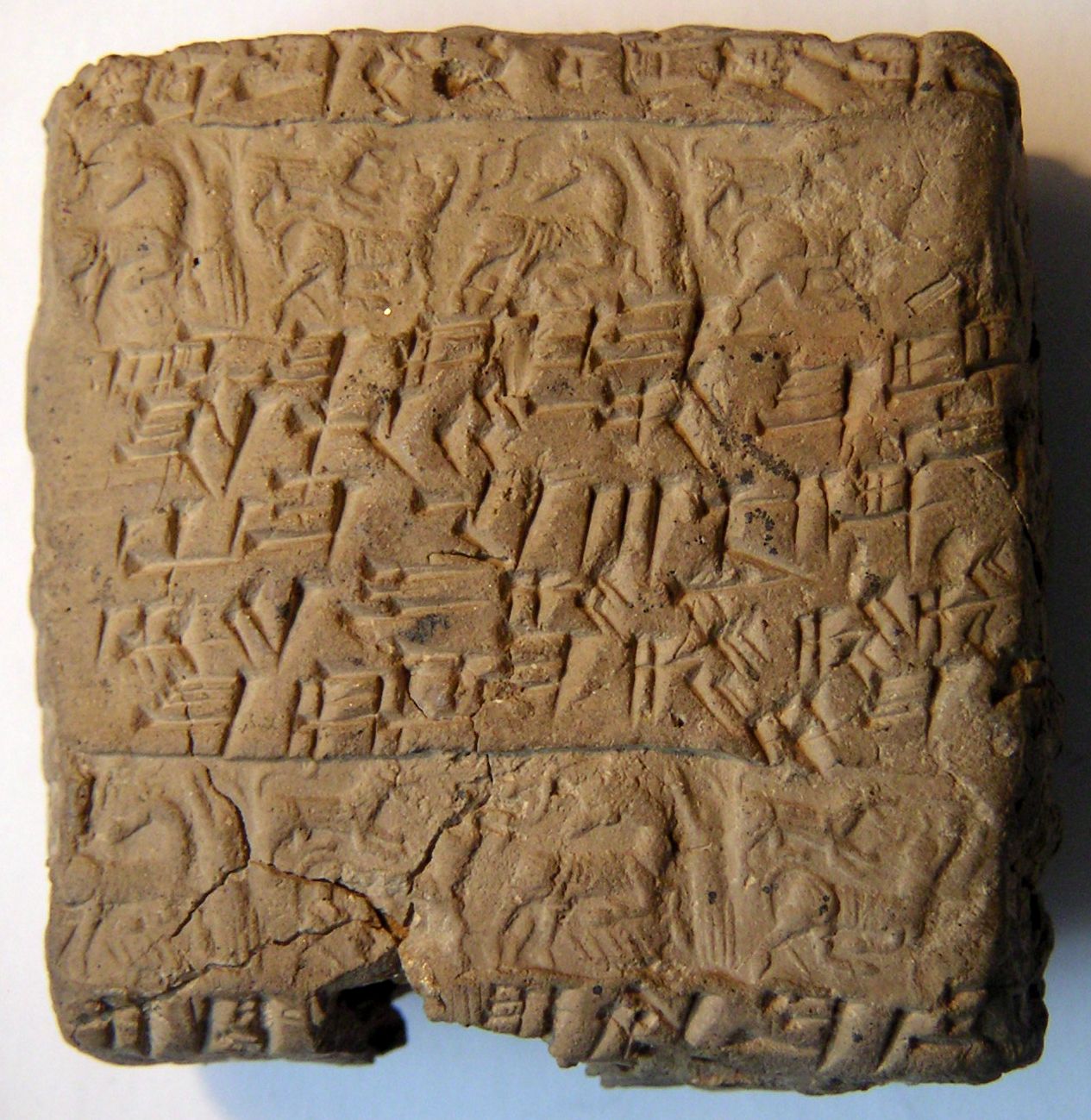False testimony: the role of witnesses in Mesopotamia
27 June 2023
Cuneiform documents from Mesopotamia suggest that witnesses were an essential part of the legal system from the earliest times, and that perjury was punishable by death. Find out more in this new blog post by Assyriologist Cécile Michel.

Donald Trump, accused of endangering the security of the United States by keeping confidential documents in his home, has been charged with "unlawful withholding of national security information", "obstruction of justice" and "perjury". The latter charge is allegedly the result of a letter sent by his lawyers to the Ministry, denying the presence of the boxes containing these archives on the former head of state's luxurious property. In this case, as in any judicial case, a large number of witnesses were heard.
In Mesopotamia, the fact that perjury could be punishable by death was stipulated in one of the first laws of the Code of Hammurabi, the text of which was engraved on a large stele dating from the mid-18th century BCE (Louvre Museum). The penalty, of course, depended on what was at stake: "If a man comes forward to give false evidence in a case but cannot provide proof of his accusation, if the case involves a capital crime, that man shall be killed. If he comes forward to give false testimony in a case involving grain or money, he will be given a punishment appropriate to that case."
Any agreement, transaction or declaration had to be made in the presence of witnesses who could, if necessary, confirm or refute the facts. The Code of Hammurabi specifies the procedure to be followed: "If a man intends to entrust money, gold or any other thing to another man, he must state before witnesses what he intends to entrust to him, he must draw up a written contract, and it is in this way that he entrusts goods to someone."
Witness accounts took precedence over written documents. In the event of a dispute, it would always be possible to draw up a false document, but the presence of a clay envelope protecting the deed and bearing the seal impressions of the parties and witnesses limited this risk. Witnesses did not necessarily receive a copy of the deed and therefore had to remember the contents of an agreement. Most witnesses were content to play the role of mere observers, with their names appearing at the end of the contract, thereby validating the legal act. Some witnesses could be called upon to give evidence under oath during legal proceedings.

A text from Nuzi in Transtigrine, dating from the second half of the 2nd millennium BCE, lists seven names, each with the name of their father and that of a scribe, indicating that these witnesses were still alive and that the affair concerned a field owned by one person. There was undoubtedly a dispute over the status of the field, and it was necessary to list the witnesses who were present at the last transaction involving this property.
Witness’ testimonies were crucial to the outcome of court cases. A case brought before the court of Sippar at the beginning of the 2nd millennium concerned the ownership of a house built in the religious quarter and bequeathed by a priestess to her niece. When the priestess died, her male relatives contested the donation, accusing the niece of having drawn up a false will in her favour. The niece nevertheless won the case, because "her witnesses, both men and women, testified that, during her lifetime, she (the priestess) had bequeathed the house and had personally written the tablet (of her will)". The witnesses, whose number varied from two to ten, depending on the nature of the contract, were often chosen from among the people close to the parties to the contract. They were aware of the importance of their testimony, but were not necessarily able to determine whether an agreement was carried out according to the rules. In certain bodies of texts, such as the archives of Assyrian merchants discovered at Kültepe, ancient Kanesh, or Assyrian contracts from the first millennium, a few women appear on the list of witnesses, whether for commercial or family contracts, particularly when one or more women were involved in the agreement.
According to a Sumerian proverb, "brotherhood is founded on the words of a quarrel; friendship makes itself known in the witness box". Unfortunately, it's a safe bet that the former President of the United States will find plenty of "friends" to testify on his behalf.


